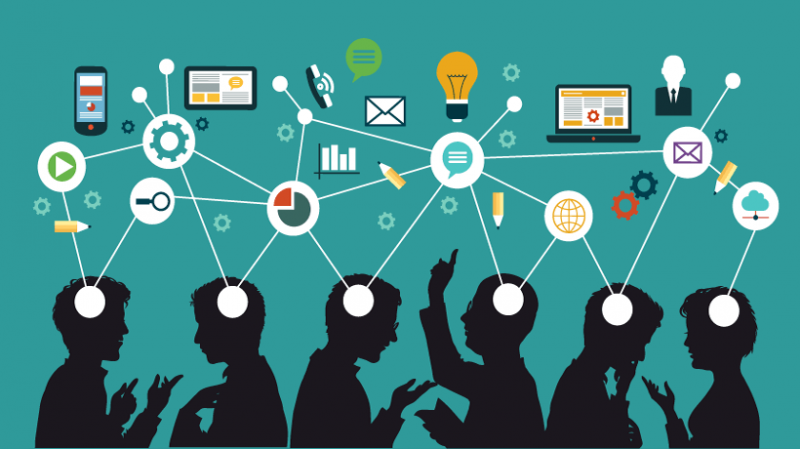
Are you a student looking for effective strategies to enhance your retention and learning capabilities? Whether you're preparing for exams, trying to grasp complex concepts, or simply aiming to absorb information more efficiently, this article is here to guide you. Learning is a journey, and with the right tools and techniques, you can make it a smoother and more successful one.
As students, our ability to retain and apply what we learn is crucial for academic success and personal growth. Let's explore a range of strategies that can significantly improve your learning and retention experience.
The Power of Active Learning
Passive reading and listening can only take you so far. Engaging in active learning techniques, such as summarizing key points, teaching concepts to others, or participating in group discussions, can enhance comprehension and memory retention.
Utilizing Spaced Repetition
Spaced repetition involves revisiting information at increasing intervals over time. This technique optimizes your brain's ability to retain information by reinforcing it at strategic moments.
Mindful Note-Taking Techniques
Effective note-taking involves more than transcribing lectures. It's about distilling complex ideas into concise, organized notes that you can revisit and understand later.
Leveraging Visual Aids and Mnemonics
Visual aids, such as diagrams and charts, can simplify complex concepts. Mnemonics, on the other hand, use associations to help you remember information more easily.
The Role of Physical Activity in Learning
Regular exercise has been linked to improved cognitive function and memory. Incorporating physical activity into your routine can enhance your ability to learn and retain information.
Effective Time Management
Proper time management allows you to allocate dedicated periods for studying, rest, and other activities. This approach prevents burnout and ensures productive learning sessions.
Creating a Distraction-Free Environment
A clutter-free and quiet study space minimizes distractions and helps you maintain focus. Turn off notifications and dedicate your attention solely to your studies.
Healthy Study Habits and Sleep
Establishing consistent study patterns and ensuring adequate sleep play a vital role in information retention and cognitive function.
Balancing Study and Relaxation
Overloading yourself with constant studying can lead to diminishing returns. Regular breaks and leisure activities rejuvenate your mind and enhance your overall learning experience.
Embracing Online Educational Resources
The internet offers a wealth of educational resources. Online courses, videos, and interactive platforms can supplement your learning journey.
Building Study Groups and Discussions
Engaging with peers in study groups and discussions promotes a dynamic learning environment. Explaining concepts to others and engaging in debates can deepen your understanding.
Seeking Guidance from Professors
Don't hesitate to reach out to your professors for clarification or guidance. They are valuable resources who can provide insights and direction.
Overcoming Procrastination
Procrastination can hinder effective learning. Break tasks into manageable segments and set achievable goals to overcome this common challenge.
Incorporating these strategies into your study routine can significantly enhance your retention and learning capabilities. Remember, learning is a personalized journey, and experimenting with different techniques will help you discover what works best for you.
Hangul Day: Commemorating the Creation of Korea's Unique Writing System
Dr Anil Kumar: Empowering Disability & Spreading Hope Across India